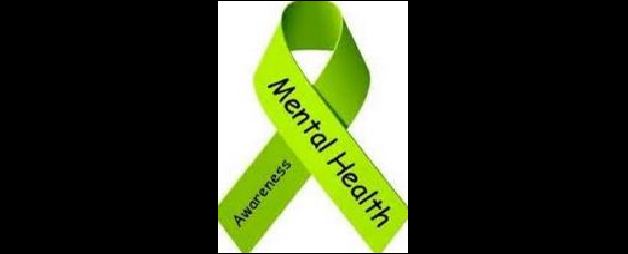World Mental Health Day: Wanted Empathy, Compassion Not Just Techniques

First celebrated in 1992, October 10 each year is observed as a day for global mental health education, awareness and advocacy, popularly referred to as World Mental Health Day. The theme for 2016 is - ‘Psychological First Aid.’
While we as a society are equipping ourselves to provide individuals first aid in physical crisis, psychological and mental aid often gets overlooked. This fact needs attention for two major reasons. First, one in four adults is expected to be faced with mental health challenges but most will have no access to the required care unlike those experiencing physical health challenges.
Second, research shows that five out of ten leading causes of disabilities across the world are due to mental health challenges. Individuals are prone to facing mental health and emotional challenges irrespective of their gender, socioeconomic class, cultural and political status. Additionally, individuals with mental illness across the world face exclusion, stigma, discrimination, stereotyping and marginalisation in sociopolitical, economic and cultural contexts. Poor awareness and understanding regarding mental health adds to the difficulty of individuals facing these challenges to come forward and seek support.
‘Psychological First Aid’ is an attempt to bring the focus on basic, natural, pragmatic psychological support by individuals who find themselves in helping and support roles. This would include everyone from caregivers, family members, health staff and community workers, to teachers, firemen, social workers and police officers.
Psychological First Aid is an attempt to take support to the ground by making it a part of medical camps, informing people about mental first aid procedures and sensitizing them to the fundamentals of approaching a crisis situation. Despite being referred to as ‘Psychological First Aid’, it consists of providing both psychological and social support. Mental health care, like physical health care too requires social support, perhaps even more.
In a world where natural disasters, war, conflict, violence and everyday stressful factors have become so frequent and rampant, it is imperative that psychological first aid and support be provided in a manner which is culturally acceptable and easily accessible to all. More so in developing countries such as India, as several research studies have found that the lack of social security and welfare support is one of the leading factors in contributing to emotional distress and mental illness.
Efforts to provide psychological first aid also need to be long-term, in order to ensure that anyone faced with distress, mental health and emotional challenges, specifically in a crisis situation can reach out to and access support without barriers. Apart from medical and psychological support, creating structures for providing psychological first aid would also include building community and social support systems to aid and support the person in a well informed and empathetic manner while also ensuring that no rights of the individual are violated.
While psychological first aid is definitely a requirement in certain circumstances such as conflicts and natural disaster, Mental Health Activist - Reshma Valliappan points out that “psychological aid is a paradox, it is a 'technique' designed to provide care only in certain circumstances such as conflicts and natural disaster, which is why the very irony. What is required rather is a technique on how to speak and practice kindness and empathy towards another human being instead of indulging in ridicule, bullying, mockery and discriminatory behaviours and practices.
It is empathy, acceptance, attitudinal and behavioural changes that are required rather than just a ‘technique.’”
Data shows that across the United Kingdom, United States of America and the European Union 15 – 30 percent of the population is faced with psychological distress. In India, given the lack of data there is no estimate of the number of individuals facing such challenges, however, one can safely assume the numbers are much higher as a result of absence of data, awareness, stigma, discrimination and inaccessible mental health care. Lack of human resource is another challenge in the subcontinent for providing holistic and accessible mental health care.
A 2002 survey showed that in India there is a deficit of 77% in the number of psychiatrists, 97% in the number of clinical psychologists and 90% in the number of psychiatric social workers. Given these appalling numbers and a growing population there is an even more urgent requirement to create more mental health resource systems which can be accessed by all. Training and setting up of social and community support systems which can provide psychological first aid would be one of the several manners in which it can be made more culturally acceptable and accessible to individuals. Apart from providing psychological and social support, these systems would also then act as a means to create awareness, bring about a better understanding and acceptance of persons with mental illnesses.
The provisioning of ‘pragmatic’ psychological first aid is definitely a positive move and a welcome start. However, in India there is a long way to go before this can be implemented in policy and practice, given that the discourse on mental illness in the country is still ill-informed and not addressed with much importance and urgency.
While the Diagnostic and Statistical Manual of Mental Disorders (DSM - VI) is widely used in diagnosing individuals in India, the socio – economic and cultural factors contributing to mental distress remain unacknowledged, misunderstood and are mostly over looked while making diagnosis. Add to this absence of basic demographic data regarding persons with mental illness, limited skilled human resource, severe lack of infrastructural support and this challenge becomes even more daunting.
What is needed at the moment in India is not just a better understanding of the discourse on mental health, but a more contextualised and holistic understanding of mental illness and mental health.



